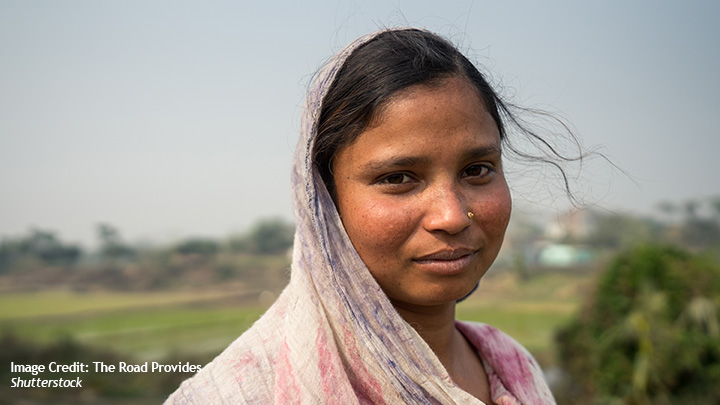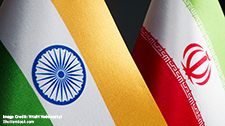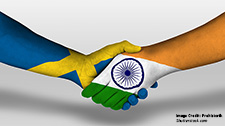Gender Reality in Bangladesh: Issues and Possibilities

Bikram Keshari Mishra
Abstract
Bangladesh has made marked strides in many social development indicators such as: structural, economic, cultural, education, healthcare, and political policies. Experience reveals that the influence of patriarchy has not stood in the way of the country’s progress and has not hindered women’s development or minimization of the gender gap. The country now ranks 50 in the Global Gender Gap Report 2020 released by the World Economic Forum (WEF) covering 153 countries leaving India, China, Sri Lanka, and Pakistan far behind. The present paper is a modest endeavor to make sense of the country’s trajectory of women’s development: its attainments and initiatives, problems, and possibilities.
Related Publications
-
G20 and BRICS: Towards a Joint Pursuit of Effective Multilateralism for the Global South
The Global South is, unarguably, the pivoting point of debates and deliberations in the G20 grouping. As the baton of the G20 presidency passes on from India to Brazil, the […]
-
India’s Position in Iran’s ‘Look to the East’ policy
Ebrahim Raisi’s administration has prioritized its ‘Look to the East’ policy. Although the focus is on Russia and China, India also has a special place in this policy. Iran and […]
-
Safeguarding intellectual property in the wake of digital authoritarianism: An Interview with DR. REBECCA SPYKE KEISER
Dr. Rebecca Spyke Keiser is the Chief of Research Security Strategy and Policy (CRSSP) at the National Science Foundation (NSF). The U.S. National Science Foundation is an independent federal agency […]
-
India-Sweden Strategic Compass, March-April 2024 • Vol.3 • No.2
In an election year, as is true for both in India (Lok Sabha) and in the EU (European Parliament), it is difficult to focus on objectives beyond the present for […]
-
Intersecting Horizons: The Nexus of Maritime Security and Global Health
The maritime industry is often regarded as one of the primary engines of the global economy as it is the backbone of global trade, accounting for around 90 percent of […]




